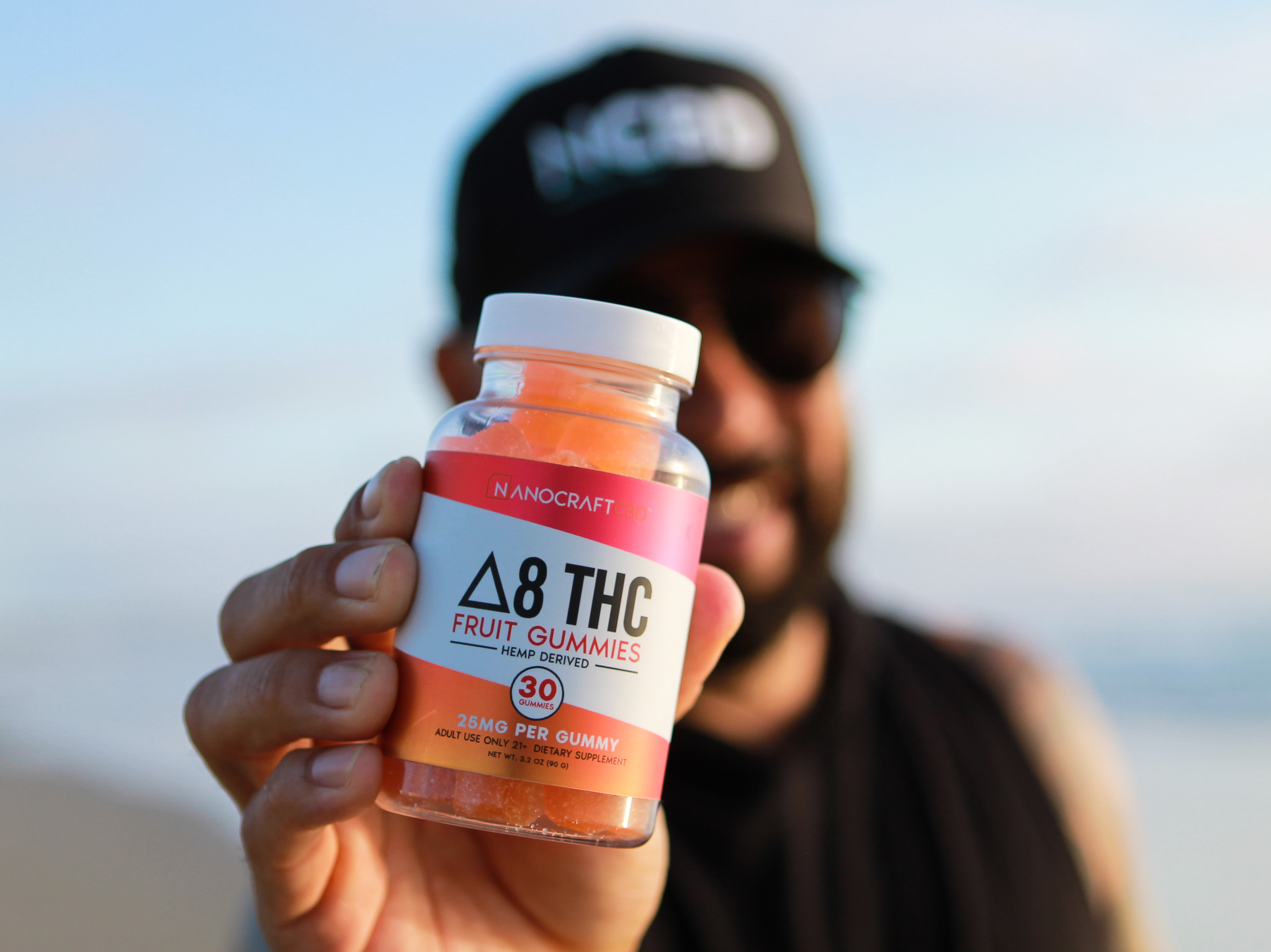The Complex Relationship Between Delta 8 Gummies and the Law
Delta 8 gummies have emerged as a popular product in the hemp industry, offering consumers a unique experience with potential health benefits. However, the legal landscape surrounding Delta 8 gummies is intricate and constantly evolving. Understanding the complex relationship between Delta 8 gummies and the law requires a comprehensive analysis of key factors, including legality, regulations, and the impact on the hemp industry.
The Legality Puzzle
The legality of Delta 8 gummies can vary from state to state, making it a challenging product to navigate within the United States. While Delta 8 is a cannabinoid derived from hemp, which was legalized federally in the 2018 Farm Bill, it exists in a legal gray area due to its psychoactive properties.
Some states have expressly banned Delta 8, classifying it as a controlled substance. Others have chosen to regulate it similarly to Delta 9 THC, the compound responsible for the psychoactive effects of cannabis. These variations in state laws contribute to the complexity of the legal landscape.
Regulatory Challenges
Regulations surrounding Delta 8 gummies are still in the early stages of development. The lack of clear guidelines and standards poses challenges for both manufacturers and consumers. Without consistent regulations, the quality and safety of Delta 8 gummies can vary significantly.
The Food and Drug Administration (FDA) has yet to issue specific regulations for Delta 8 products, leaving manufacturers without clear guidelines for labeling, testing, and marketing. This regulatory vacuum hampers consumer confidence and raises concerns about the long-term effects of using Delta 8 gummies.
The Impact on the Hemp Industry
The emergence of Delta 8 gummies has had a profound impact on the hemp industry. As entrepreneurs saw a market opportunity, Delta 8 production and sales skyrocketed. However, this surge in popularity also brought increased scrutiny from regulators and law enforcement agencies.
The hemp industry has strived to position itself as a legitimate and responsible sector, working diligently to comply with federal and state regulations. The ambiguous legal status of Delta 8 gummies potentially undermines these efforts, leading to concerns about the industry's reputation and the potential impact on other hemp-derived products.
The Tradeoffs and Challenges
Addressing the complex relationship between Delta 8 gummies and the law requires careful consideration of various tradeoffs. On one hand, banning Delta 8 completely could stifle innovation and deprive consumers of a potentially beneficial product. On the other hand, allowing its unregulated proliferation may compromise public safety and hinder the hemp industry's growth.
Finding a balance that ensures consumer safety, fosters industry development, and maintains regulatory compliance is a formidable challenge. Policymakers, industry stakeholders, and legal experts must work together to develop a cohesive and informed approach that considers all relevant factors.
Conclusion
The complex relationship between Delta 8 gummies and the law encompasses a multitude of factors, including legality, regulations, and the impact on the hemp industry. As the legal landscape continues to evolve, finding a cohesive and balanced approach remains critical.
By considering the tradeoffs involved and the challenges associated with different approaches, policymakers can make informed decisions that prioritize public safety while promoting a vibrant and responsible hemp industry. It is essential to bring clarity and consistency to the legal framework surrounding Delta 8 gummies to protect consumers, foster innovation, and support the hemp industry's long-term viability.
